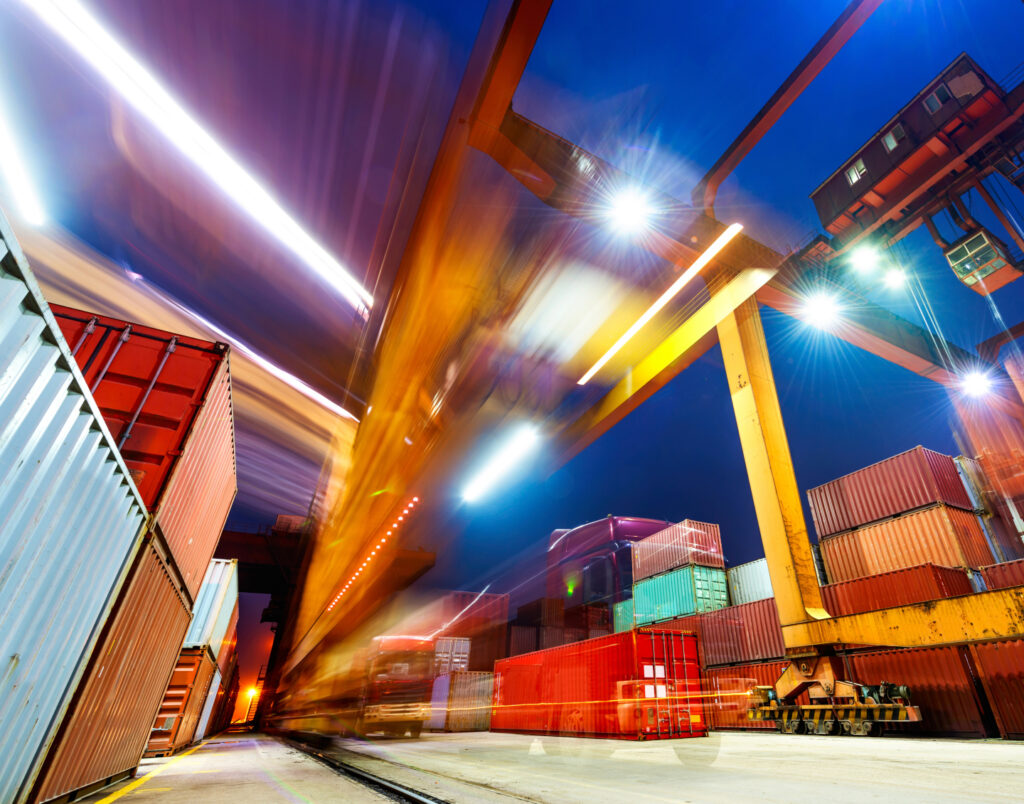
CADE’s Department of Economic Studies (DEE) conducted a thematic study on terminal handling charges, known as THC 2 and others similar charged by port terminals in the market for bonded warehousing. The study released on June 27 concluded, “There are no reasons to consider the THC2 as illicit, regardless of the level of such fee, as has been the interpretation of CADE’s case law over the last few years.”
Port operators or private use terminals charge the first THC tariff, in the case of imports, to move the containers received on vessels into their yards. The tariff that is conventionally called “THC2” (also called Segregation and Delivery Service – SSE) is the tariff charged for the service of moving the same container from the yard where it originally was to a location outside the terminal; for example to the independent customs warehouses outside the terminal, where customs clearance will take place. The fee in question has been under discussion at CADE for years.
The new DEE document addresses issues related to the need for isonomy in terms of charging or not charging the THC2 fee when terminals are vertically integrated with shipowners (maritime container carriers), since storage services are already not charged in these cases. According to the DEE, it is necessary to compare the amount of the final service in the downstream market with the services of non-verticalized agents, so that, if so understood, a minimum analysis of the legality of this fee can be performed by means of the equally efficient competitor test.
The conclusion of the DEE study does not bind the understanding of CADE’s Tribunal, which has been against wet terminals (with access to ships) charging the THC2 fee to move import containers to dry terminals (without access to ships), under the argument that port operators would have an interest in excluding rivals and be given unlimited bargaining power, if they were allowed to charge the THC2.
On June 23, a week before the study was published, the Federal Audit Court (TCU) considered charging the THC2 illegal, in the opposite direction of DEE, and gave the National Waterway Transport Agency (ANTAQ) 30 days to review the normative that allows this fee. The TCU’s decision, which was favorable to the dry terminals, left ANTAQ isolated between the state agencies that defend the permission to charge this fee.
The DEE’s technical note can be found at this link and the complete study at this link.


